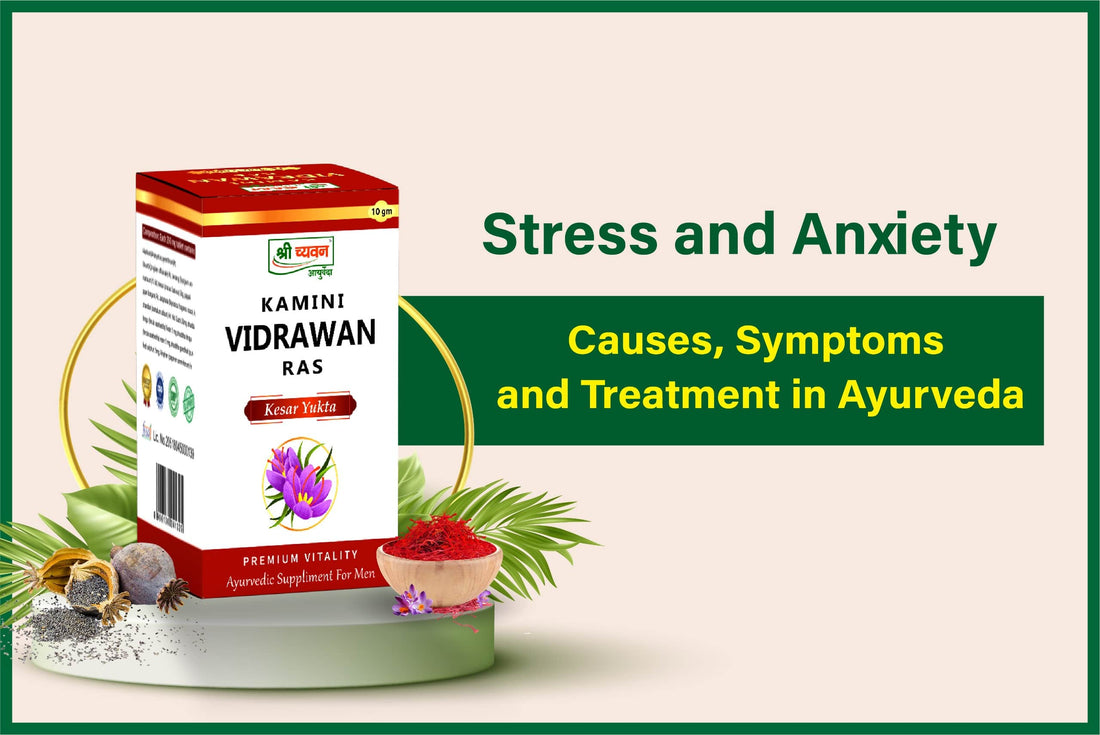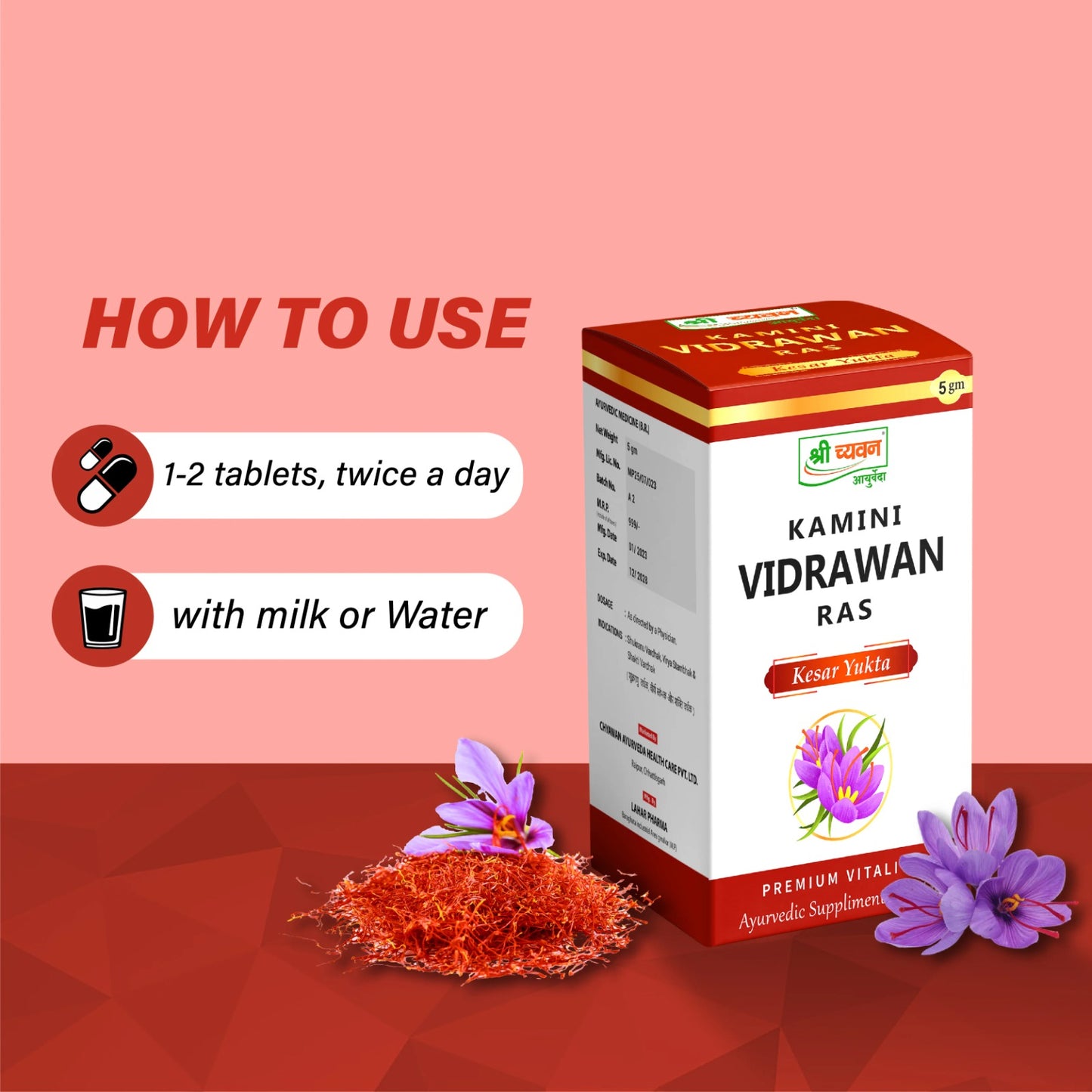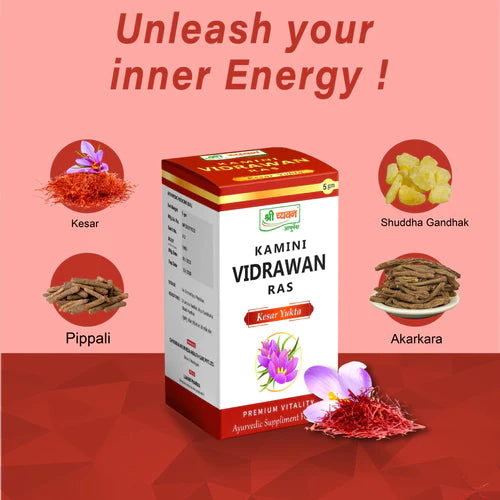In our modern, fast-paced world, stress and anxiety have become all too common. The demands of daily life, work, relationships, and the constant influx of information can overwhelm even the most resilient individuals. As we strive for balance and well-being, turning to ancient systems of healing like Ayurveda can offer profound insights into managing stress and anxiety.
In Ayurveda, stress and anxiety are understood as imbalances in the doshas, which are the fundamental energies that govern the body and mind. According to Ayurvedic principles, stress and anxiety can be caused by various factors related to physical, mental, and environmental influences.
Causes of stress and anxiety:
- Imbalanced Doshas: When the doshas (Vata, Pitta, and Kapha) are out of balance, it can lead to mental and emotional disturbances. For example, excess Vata dosha can lead to anxiety, restlessness, and fear.
- Poor Diet: Consuming foods that are inappropriate for your constitution (Prakriti) or eating at irregular times can disturb the digestive system and lead to physical and mental imbalances, including stress and anxiety.
- Lack of Routine: In Ayurveda, having a daily routine (Dinacharya) is considered essential for maintaining mental and physical balance. Erratic daily habits can lead to increased stress.
- Environmental Factors: Exposure to extreme weather conditions, excessive noise, pollution, or living in a chaotic environment can exacerbate stress and anxiety.
- Emotional Factors: Suppressed emotions, unresolved conflicts, or excessive emotional stress can contribute to imbalances in the mind and body.
- Overexertion: Pushing yourself too hard physically or mentally without adequate rest and recovery can lead to exhaustion and stress.
- Lack of Sleep: Inadequate or poor-quality sleep can disrupt the body's natural rhythms and increase stress levels.
- Excessive Stimulants: Overconsumption of caffeine, alcohol, or other stimulants can disturb the nervous system and contribute to anxiety.
- Hormonal Imbalances: Fluctuations in hormones, especially in women during menstruation, menopause, or pregnancy, can lead to emotional instability and stress.
- Genetic Factors: Some individuals may have a genetic predisposition to anxiety disorders.
Symptoms of stress and anxiety:
Stress and anxiety can manifest in various ways, and the symptoms can vary from person to person. These symptoms can affect both the mind and the body.
Emotional Symptoms:
- Excessive Worry: Constantly thinking about potential problems or worst-case scenarios.
- Feeling Overwhelmed: A sense of being unable to cope with life's demands or pressures.
- Irritability: Easily becoming frustrated, agitated, or short-tempered.
- Restlessness: Difficulty relaxing, feeling on edge, or having a constant sense of unease.
- Fear and Apprehension: Feeling frightened or anxious about situations or specific triggers.
- Difficulty Concentrating: Finding it hard to focus or experiencing mental "fogginess."
- Anticipating the Worst: Expecting negative outcomes even when there's no concrete reason to do so.
- Intrusive Thoughts: Unwanted and distressing thoughts that keep recurring.
Physical Symptoms:
- Muscle Tension: Experiencing tightness or tension in muscles, often in the neck, shoulders, or back.
- Fatigue: Feeling chronically tired, even after a full night's sleep.
- Headaches: Frequent headaches, including tension headaches or migraines.
- Gastrointestinal Problems: Digestive issues such as stomachaches, diarrhea, or constipation.
- Sleep Disturbances: Difficulty falling asleep, staying asleep, or experiencing restless sleep.
- Increased Heart Rate: A racing heart or palpitations.
- Shortness of Breath: Feeling breathless or having shallow, rapid breathing.
- Sweating: Excessive sweating, especially in stressful situations.
- Trembling or Shaking: Hands, legs, or voice may shake when anxious.
Ayurvedic Medicine for Stress and Anxiety
Shri Chyawan Ayurveda has formulated Kamini Vidrawan Ras; it is a revered Ayurvedic formulation renowned for its potential to enhance male reproductive health and vitality and is also a great ayurvedic medicine for anxiety and stress. . Derived from the ancient wisdom of Ayurveda, this premium herbal supplement aims to address three vital aspects of male well-being: Shukranu Vardhak (increasing sperm count and quality), Virya Stambhak (delaying ejaculation), and Shakti Vardhak (boosting overall strength and vitality) recommended for anxiety treatment in ayurveda.
Key Benefits:
-
Shukranu Vardhak: Kamini Vidrawan Ras is formulated with potent herbs and minerals that are traditionally believed to support healthy sperm production and improve sperm quality. This is crucial for those seeking to enhance their reproductive potential.
- Virya Stambhak: The unique blend of ingredients in this formulation may contribute to controlling premature ejaculation, thus extending the duration of sexual intercourse and improving sexual satisfaction.
- Shakti Vardhak: Kamini Vidrawan Ras is designed to rejuvenate the body and promote overall strength and vitality. It may help in boosting stamina, energy levels, and overall physical endurance, leading to improved performance and confidence.
Ingredients: It consists of Akarkara, Shunthi, Lavrang, Kesar, Pippali, Jatiphala, Chandan, Shuddha Hing, Resin, Shuddha Gandhak, Ahiphen.
How to use: As directed by your Physician.








